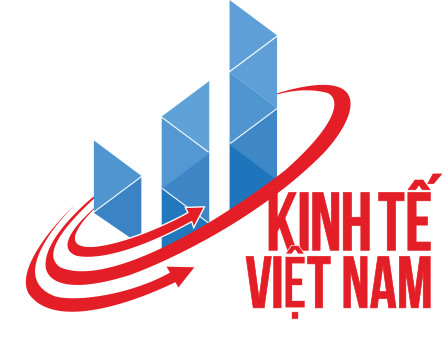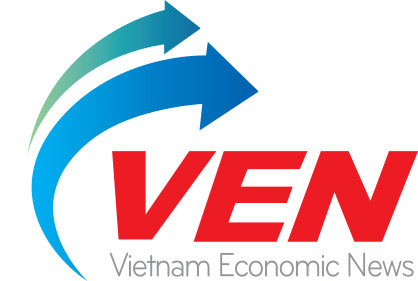 |
Do Thi Ngoc, Director of the General Statistics Office of Vietnam’s (GSO) Price Statistics Department (PSD), attributed the CPI growth to transport service prices that rose 6.05 percent due to increased oil and petrol prices in June, and a high live weight pork price of VND100,000 per kilo.
However, the government is still applying flexible management to state-controlled goods to avoid further pressure on the CPI. Tran Duy Dong, Director of the Ministry of Industry and Trade’s Domestic Market Department, said the Ministry of Industry and Trade and the Ministry of Finance have applied flexible management tools to control the price of petrol and oil. On July 13, for example, the two ministries decided to use the petrol and oil price stabilization fund to minimize price hikes after four previous price increases.
Petrol, pork prices to stabilize
According to Associate Professor, Dr. Nguyen Ba Minh, Director of the Ministry of Finance’s Institute of Economics and Finance, the Covid-19 pandemic, trade wars and political conflicts worldwide remain complicated and unpredictable, hindering global economic recovery. The pork price in Vietnam is expected to gradually decrease in the final months of the year, he said. Vietnam has not only controlled the pandemic, it has stabilized prices, applied flexible monetary policy management, and controlled macroeconomic stability and inflation. All of these will help the country tame the CPI growth, Minh said.
According to economist Ngo Tri Long, the impact of gasoline prices is still an unknown that requires special attention from now until the end of the year, because the geopolitical situation remains complicated and is expected to continue affecting prices. That means Vietnam must use the petrol and oil price stabilization fund in a flexible manner to minimize pressure on fuel prices in order to keep domestic gasoline prices stable, Long said. Moreover, it is necessary to make full use of domestic oil refineries to supplement petrol and oil supply, he added.
Although it remains high, the average CPI growth is expected to gradually decrease. It dropped to 4.19 percent in June from 6.54 percent in January. PSD Director Do Thi Ngoc predicted gasoline, petroleum and pork prices would also stabilize. Officials predict that the CPI growth will drop just under four percent, as targeted, by the year’s end due to the government’s proactive performance and support factors, Ngoc said.
The CPI in June increased 0.66 percent over the previous month, constituting the highest increase since 2016. However, if price and market management measures are carried out well, the goal of controlling inflation at four percent is feasible, said Associate Professor, Dr. Nguyen Ba Minh, Director of the Ministry of Finance’s Institute of Economics and Finance.
| Associate Professor, Dr. Nguyen Ba Minh, Director of the Ministry of Finance’s Institute of Economics and Finance: From now until the end of the year, inflation pressure will remain high but the four percent CPI target is feasible. |








